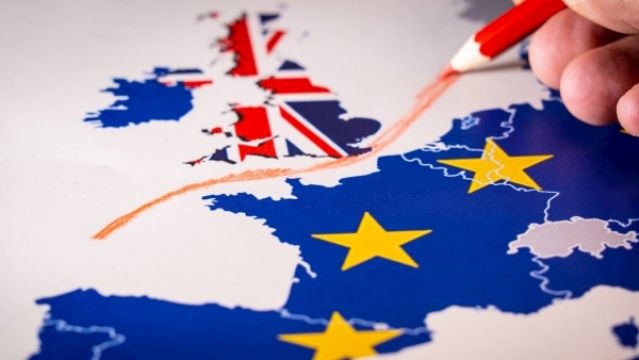The research from the ERSI and the Department of Finance found that the addition of a hard Brexit “shock” with the lack of a free trade agreement, added to the current and future impacts of Covid-19, would expose a wider range of sectors to economic risk than if the country was presented with just one of the crises alone.
The research found that while the “potential economic impacts of Brexit have been substantially overshadowed by the Covid-19 crisis, layering a hard Brexit on an economy dealing with Covid-19 could make the previously estimated effects of Brexit worse.”
Joint author of the report and ESRI research Professor Martina Lawless said: “Overall, these findings suggest that adding the Brexit shock to that of Covid-19 brings a wider range of sectors exposed to economic risk but that they do not layer further substantial risks onto those sectors that have already taken the largest Covid-19 hit.”
Sectors
The research found that the sectors worst affected by the Covid-19 crisis were wholesale and retail trade, accommodation and food services, and construction and industry.
It found these sectors were “fairly limited” in terms of their exposure to Brexit, using estimates based on modelling trade barriers in goods and services.
The industries Brexit trade barriers would be expected to most strongly impact included agriculture, food and traditional manufacturing, as these are all highly reliant on the UK as an export destination.
Financial services would also be potentially highly exposed to changes in market access between the UK and EU.
No sector was found to be in a category of “severely exposed” to both Brexit and Covid-19 shocks, however, some sectors did fall into the category of being severely exposed to one shock and moderately exposed to the other, leaving them at elevated risk if the two are combined.







